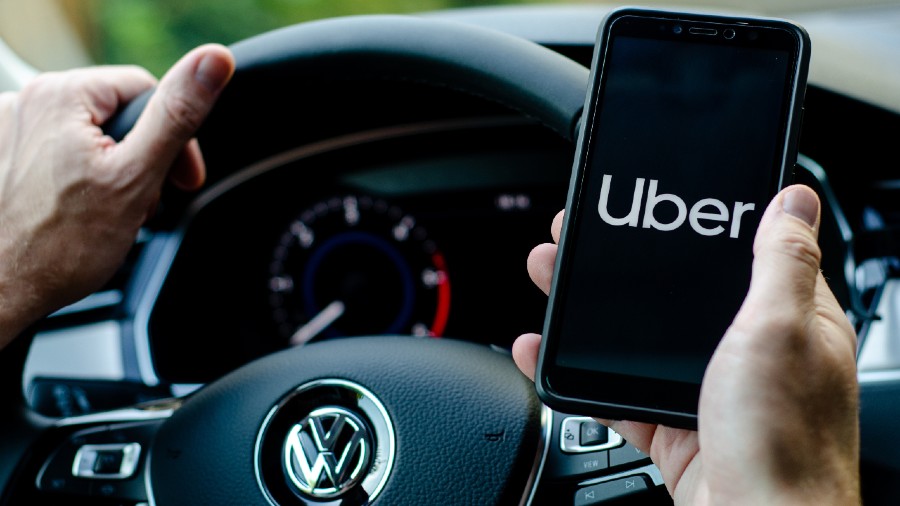Uber suffered an important labour defeat in its largest European market on Friday when Britain’s Supreme Court ruled that drivers must be classified as workers entitled to a minimum wage and vacation time.
The case had been closely watched because of its ramifications for the gig economy, in which companies like Uber rely on a sprawling labour force of independent contractors to provide car rides, deliver food and clean homes.
Uber and other gig-economy companies say their model gives people flexibility to choose when they work, while critics say it has eroded job protections and the company-employee relationship.
Uber has fought the effort by drivers in Britain to be classified as workers for the past five years, appealing the decision all the way to the country’s top court. Friday’s ruling is expected to initially affect only the 25 drivers who brought the case, but is expected to set a precedent for others across the country. An employment tribunal will decide how to reward the drivers.
The court agreed with the drivers’ claim that although Uber says it is only a technology platform that connects drivers with passengers, it behaves more like an employer by setting rates, assigning rides, requiring drivers to follow routes, and using a rating system to discipline drivers.
“Drivers are in a position of subordination and dependency in relation to Uber such that they have little or no ability to improve their economic position through professional or entrepreneurial skill,” Lord Robert John Reed, president of the Supreme Court, said. “In practice the only way in which they can increase their earnings is by working longer hours while constantly meeting Uber’s measures of performance.”
Uber said the decision would only immediately affect a small number of drivers, and that it will not require the company to reclassify all its drivers as workers. The company said it has made a number of changes since 2016, when the case was first filed, including adding benefits like offering insurance to drivers if they become sick or injured.
“We are committed to doing more and will now consult with every active driver across the UK to understand the changes they want to see,” Jamie Heywood, Uber’s regional general manager for northern and eastern Europe, said in a statement.
Nigel Mackay, a partner at Leigh Day, the law firm representing the drivers, said the decision had wider implications and that Uber would have to begin providing a minimum wage and holiday time to drivers or risk facing a wave of similar cases from others.
He said he hoped the decision would provide a stronger basis for legal protections for gig workers in other countries. “People around the world will be following this decision,” he said.
Uber and other gig economy companies have been fighting off efforts in other parts of the world to classify workers as employees. In California, the companies funded a successful ballot measure in the November election to exempt them from a law that would have required them to employ drivers and pay health care, unemployment insurance and other benefits.
New York Times News Service











